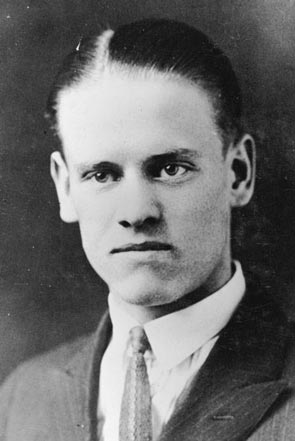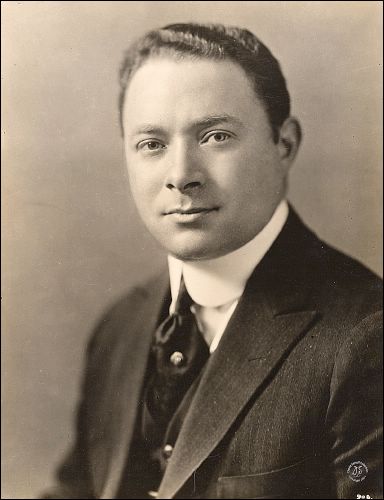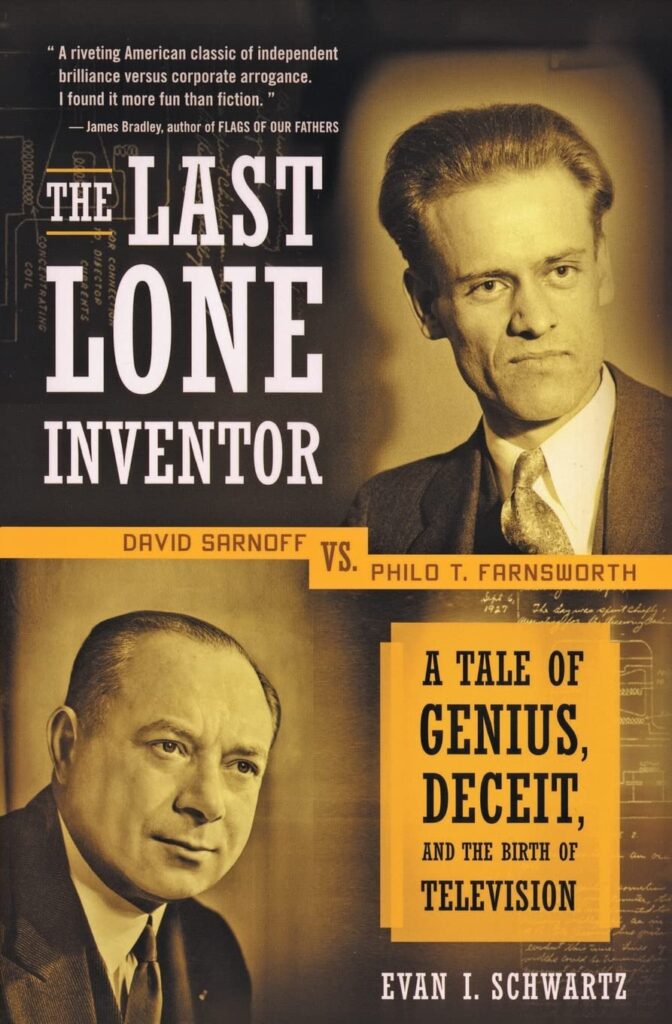The Hardy Boys and the Mystery of Who Invented Television
Did a 15 year old boy on a family farm invent TV, or did a nasty old big corporation?

Okay, so Philo Farnsworth was older than 15 when he came up with the first functioning electrical television broadcasting system, but he started when 15.
Earlier, actually. He shared it with his high school science teacher at 15. According to the patents, he’s the one who did it.

RCA, led by David Sarnoff, wanted the world to believe that RCA invented the first successful system, and displayed it at the 1939 World’s Fair in New York. Sarnoff, actually, wanted the world to believe that David Sarnoff was the magician behind the new technology, but that’s for another text, a psychology one.

THE LAST LONE INVENTOR: A Tale of Genius, Deceit, and the Birth of Television by Evan I. Schwartz (HarperCollins 2002) reads like a Hardy Boys novel, full of intrigue with villains, heroes, and plenty of questions. And that’s okay for this subject, which is littered with figures large and small who have bits and pieces of claims to have invented TV or parts thereof.

Here’s the mess: there were competing broadcasting systems, one mechanical (with a spinning disk inside each TV!), another electrical (which won, thank God). Germany, Russia and the later Soviet Union, and England all had lone and corporate inventors working on early TV. Italy had Marconi, the elegant (and sexy, and rich) wireless telegraph inventor fiddling with TV.
Everybody dragged their heels in the development process. Farnsworth dragged because of lack of money and facilities and because of personal problems. RCA/NBC dragged because it had a cash cow in radio during the otherwise desperate Great Depresssion decade. They also dragged because they were trying to run out the clock on Farnsworth’s successful patents, while wearing him down on legal costs and court challenges.
And, of course, Hitler wanted attention and caused the world to shut down luxury and leisure industries so that it could annihilate Germany.
Finally, Farnsworth had a perverse way of shooting himself in the forehead from time to time.
He took up smoking to cure himself of alcoholism. He wasted a golden opportunity to testify before a Congressional committee about RCA’s goon tactics. He refused numerous business deals for his tech that would have made him wealthy for life, deals that you or I would have made in a flash.
But no, Farnsworth wanted to be Farnsworth. He won in the end. Against the greatest of companies and the greatest of odds.
Sort of . . .
